- Home
- Reading
Reading and Autism: How to Teach Your Child To Read
Reading and autism. Many think teaching our kids this vital skill is impossible. I'm here to prove them wrong.
Why?
Because if I was able to teach my own son to read, I can help you teach your child to read, too.
So why is reading such an important skill? Because it gives us the ability to learn practically everything else in school. And most everything else in life.
It also protects us from danger and warns us of harm. Think of what we escape through our ability to understand danger signs and warning labels.
That’s why it was extremely important to me that my son C learn to read.
Now I have just completed and published a book on exactly how I taught my son to read, and how you can do the same for your child.
Autism Reading Book: How to Teach Your Child to Read
Are you concerned about how your child will function in life without knowing how to read? Do you wonder how a child with autism could acquire reading skills when hindered by learning difficulties?
In Reading Revolution: How to Teach Children with Autism to Read, I show you step by step how to bring your child from having no knowledge of letters to reading stories. Click here to learn more.

Reading and Autism: Methods and Materials
I’m just going to give you a summary of the techniques and tools that I've used for teaching reading. Each technique links to a separate page that will give you more details on how I've used those methods.
Teaching Strategies

Before you begin teaching your child with autism reading skills, check out this series of articles on special methods that are very effective for children with asd.

Phonics
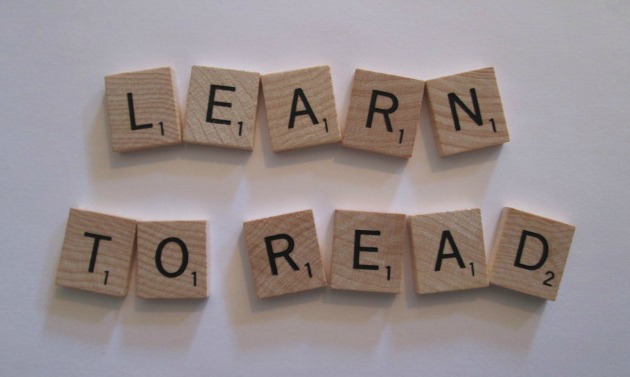
Which method is the best for teaching children with autism to read? In this article we explore the choices between the phonetic approach and the whole language technique to find out.
Flash Cards
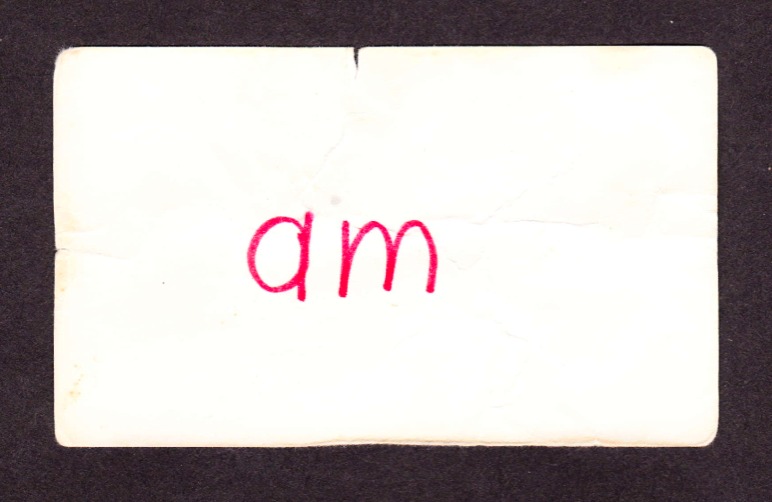
Using flash cards for reading and autism can help some children learn this valuable skill. I found flash cards to be essential for C when other techniques failed. This worked well for him even though he was nonverbal at the time. Click or touch here to find out how to use these tools to teach your child just about any basic information.
Making the Most of Story Time with your Child
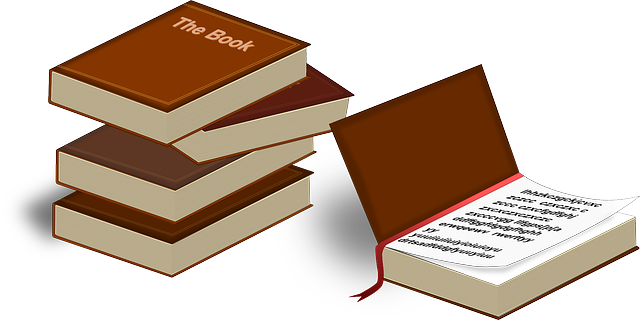
Not only is this activity a lot of fun, but your child can learn a lot, too. Here I will give you tips to help him understand the story, to improve his ability to pay attention, and to increase his thinking skills.
Improve Your Child's Basic Skills

Have her read aloud to you. This will not only improve your child's ability to understand and pay attention to the story, but it will also help her speech and language skills. Check out this article to learn how to make the most of these reading sessions.
Write Your Child's Own Story For Extra Motivation

If you’re having a hard time motivating your child with autism to learn reading, then writing a story that’s all about her or about the family just might make her lessons more interesting. This is also a great technique for kids who already enjoy books as well.
How Concerned Should Parents Be About Screen Time?

Books have always been popular with both adults and children. But in the face of modern technology, many people are abandoning physical books in favor of electronic devices. Call me old-fashioned, but I still love my printed books.
But when it comes to our children, which is best? Mobile devices or traditional books they can pull off the shelf? The answer to this question is much more important than you might think.
Recommended Children's Books

Even though e-reading devices are so popular, I much prefer printed books for children. And a lot of kids love pulling a book off the shelf to enjoy. Children's books can be so much fun. And they're so important for helping your child learn.
That's why I've made a list of some of our favorites for reading and autism. I'm hoping this will help you find some of the best books for you and your child to enjoy.
Finding Children's Books on a Budget

I believe every child needs a good collection of her favorite books. That way, she can at any time grab one and enjoy it with Mom or Dad. And we all know that doing this every day will help her learn as well.
But collecting all these books while on a budget can be a challenge. In this article I list a few places where you can find great children's books without going broke.
Games
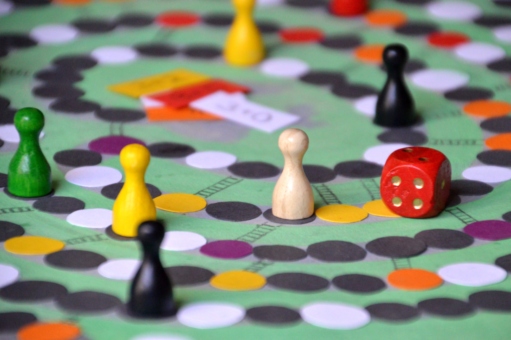
If you ever have difficulty getting and keeping your child's interest in learning, using games can be very helpful. Click or touch here to find out how to use games to teach almost any concept or skill.
But What If My Child is Nonverbal? (Coming Soon)
What if your child is nonverbal, or has other limitations, and can't participate in talking about the story and in answering questions like other children can? My son was completely nonverbal until age 12. Check out this page (coming soon) to see what I did to help him participate in spite of these limitations.
Free Reading Worksheets
Finding affordable reading and autism resources can be a challenge, especially if money is tight. That's why I highly recommend Mary Fifer's free reading worksheets that you can access here and here. Mary Fifer is a former teacher and experienced homeschooler sharing her vast supply of educational materials with us all.
Also available on her website are free math, spelling, grammar, and writing worksheets.
Have Fun! It's Contagious!

If you enjoy story time with your child, chances are that your love of this activity will spread to him.
One of the best ways to get your child to love books is for him to see that you really like this activity. Can he see that you are having fun during story time with him? Does he ever see you devouring a book on your own?
Parents are their children’s greatest influences, and kids almost always imitate what they see their parents doing.
Teaching your child with autism reading skills is one of the greatest gifts you can give to her. And I believe that practically any child can learn. It is possible and do-able.
Not knowing this valuable skill would put anyone at a serious disadvantage. But if our children do learn, that changes everything for them, which greatly increases their potential and opens up a world of opportunity for them.
- Home
- Reading
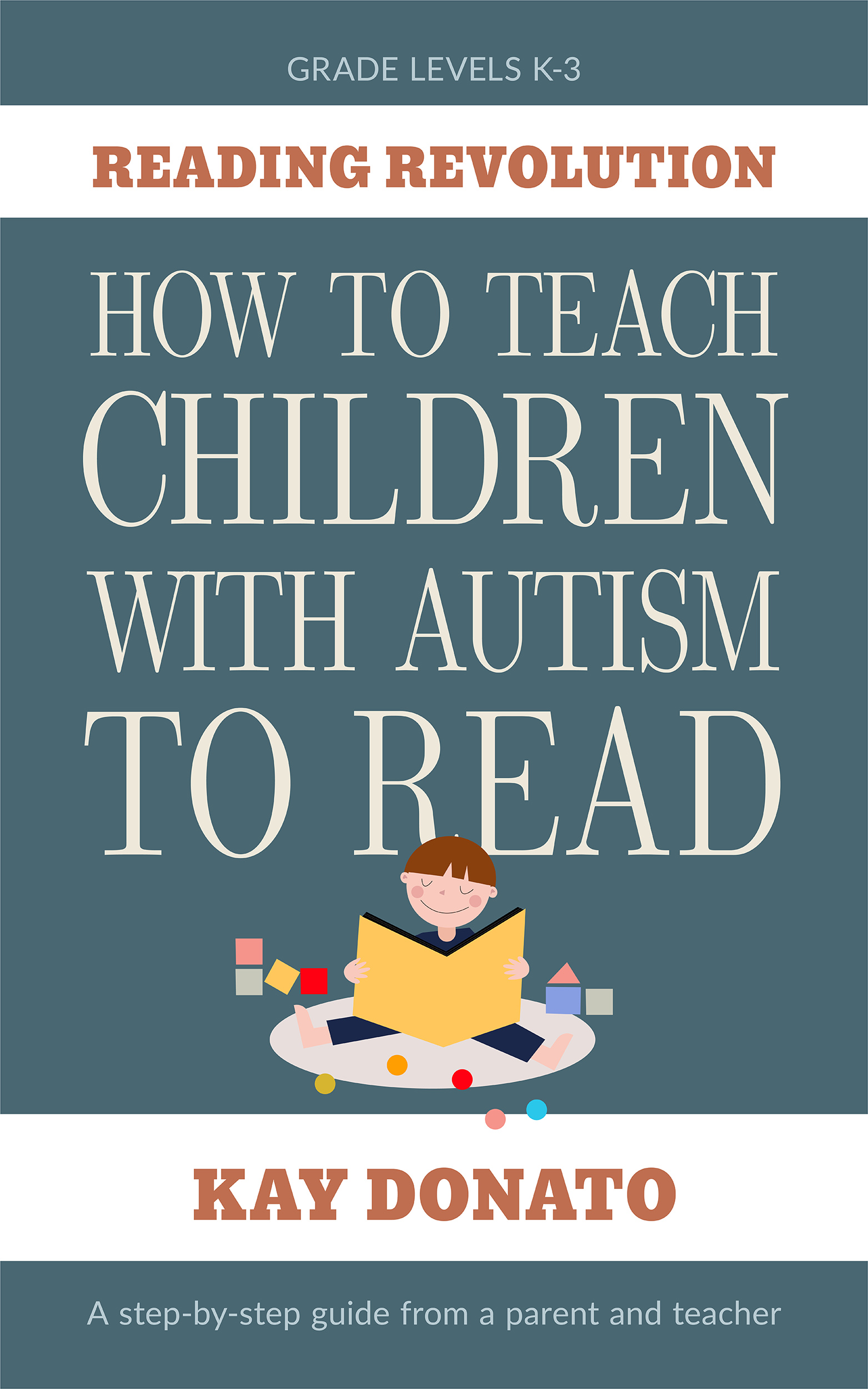
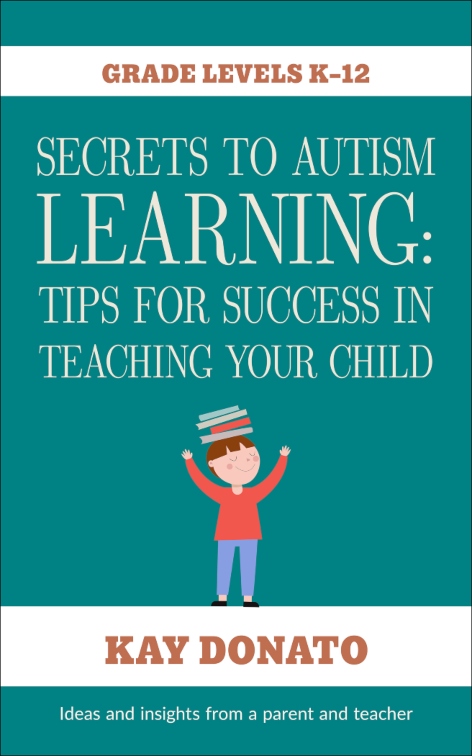

New! Comments
Have your say about what you just read! Leave me a comment in the box below.